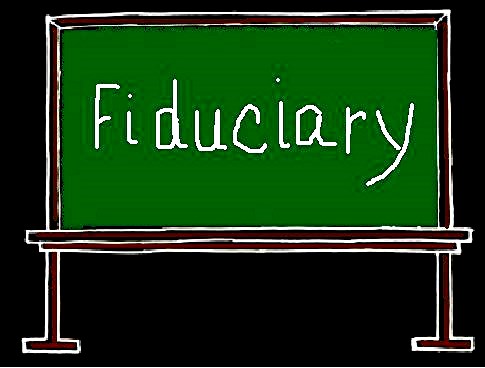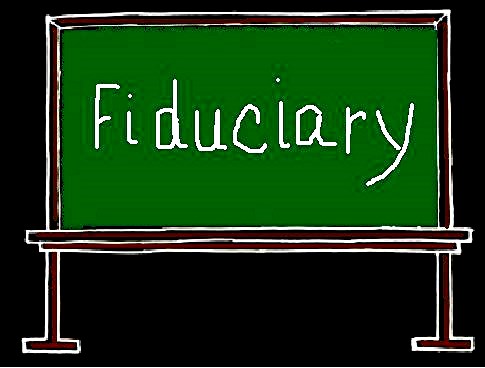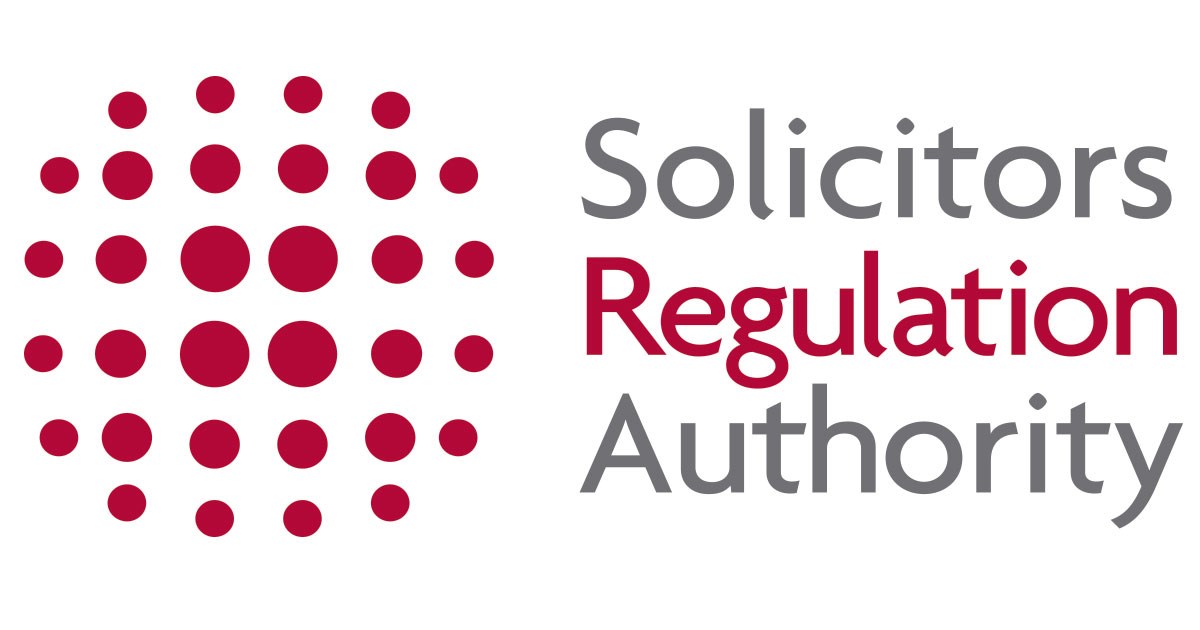Leibenzeder Estate v MacIntyre 2025 BCSC 189 is noteworthy as the court ordered punitive damages against the administrator in the amount of $150,000, in addition to other substantial damages.
The court that the administrators misconduct as a fiduciary was malicious, oppressive, and high-handed, and her failure to participate in this application is yet a further demonstration of her contempt for court processes.
Trevor Todd and Jackson Todd have practiced estate litigation for over 60 combined years including dealing with difficult executors and administrators.
Applicable Legal Test For Punitive Damages
Punitive damages are not compensatory. They are intended to punish a defendant for “‘malicious, oppressive and high-handed’” misconduct that represents a “marked departure from ordinary standards of decent behaviour”: Whiten v. Pilot Insurance Co., 2002 SCC 18 at para. 36.
As Justice Goepel explained in Ojanen v. Acumen Law Corporation, 2021 BCCA 189 at para. 77, citing Whiten at para. 69, the three objectives of punitive damages are retribution, deterrence, and denunciation. Punitive damages are only to be awarded in exceptional circumstances when compensatory damages would not adequately achieve these objectives.
In Whiten at para. 94, the Court set out several principles to be considered in making an award of punitive damages. In summary, these principles include that:
a) punitive damages are the exception rather than the rule, and are imposed only if there has been high-handed, malicious, arbitrary, or highly reprehensible misconduct that departs to a marked degree from ordinary standards of decent behaviour;
b) punitive damages are generally awarded only where the misconduct would otherwise be unpunished or where other penalties are unlikely to achieve the objectives of retribution, deterrence, and denunciation;
c) punitive damages are awarded only if compensatory damages (which to some extent are punitive in nature) are insufficient to accomplish these objectives, and the amount awarded is no greater than necessary to rationally accomplish their purpose;
d) the purpose of punitive damages is not to compensate the plaintiff, but to give a defendant his or her just desert (retribution), to deter the defendant and others from similar misconduct in the future (deterrence), and to mark the community’s collective condemnation (denunciation) of what has happened;
e) when awarded, punitive damages should be assessed in an amount reasonably proportionate to the harm caused, the degree of the misconduct, the plaintiff’s relative vulnerability, and any advantage or profit gained by the defendant, having regard to any other fines or penalties suffered by the defendant for the misconduct in question; and
f) moderate awards of punitive damages, which inevitably carry a stigma in the broader community, are generally sufficient.
In Whiten at para. 113, the Court set out the factors that determine the level of a defendant’s blameworthiness. These factors include:
a) whether the misconduct was planned and deliberate;
b) the defendant’s intent and motive;
c) whether the defendant persisted in the outrageous conduct over a lengthy period of time;
d) whether the defendant concealed or attempted to cover up their misconduct;
e) the defendant’s awareness that what they were doing was wrong;
f) whether the defendant profited from their misconduct; and
g) whether the interest violated by the misconduct was known to be deeply personal to the plaintiff.
The quantum of punitive damages should be proportionate to the degree of misconduct in light of its nature, the harm it caused, the plaintiff’s vulnerability, and any advantage it wrongfully gained the defendant.
Awards of significant amounts have been made against defendants who abuse the court’s process or breach fiduciary duties. The more reprehensible the conduct, the higher the award: Mulligan v. Stephenson, 2016 BCSC 1941 at para. 140.
The Estate has provided me with several cases in which punitive damage awards of $100,000 or more have been made against a fiduciary. For example, in Walling v. Walling, 2012 ONSC 6580, an award of $100,000 was made against an executor who mismanaged and squandered the estate in breach of his fiduciary duty to his nephews, the beneficiaries. The defendant also breached numerous court orders requiring him to comply with the terms of the will and to pay costs.
In Zhang v. Zhang, 2022 BCSC 2156, an award of $100,000 was made against a fiduciary who secretly traded shares held in trust for a beneficiary and failed to account to the beneficiary for the proceeds of sale.
In 6071376 Canada Inc. v. 3966305 Canada Inc., 2019 ONSC 3947, an award of $200,000 was made against a defendant who induced a group of investors to invest in the purchase of a property, then secretly sold it without their knowledge. The court found that the defendant lied to the plaintiffs and covered up the sale for more than six years.










